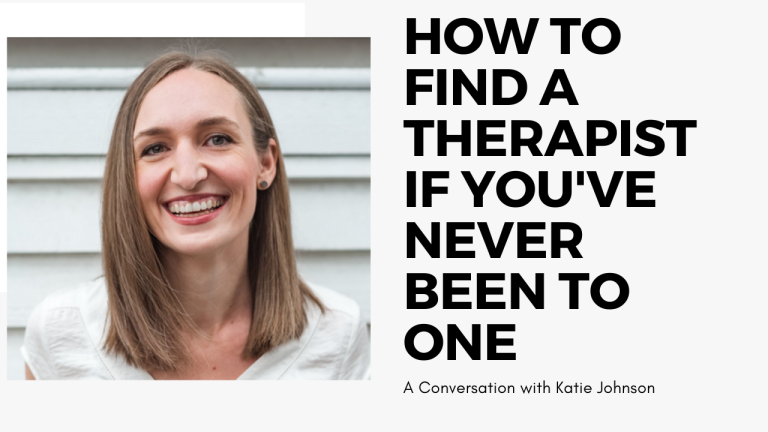How to identify and beat mental health stigma
Stigma and discrimination play a significant role in preventing or delaying people from reaching out for help or getting treatment for their mental health struggles.
The levels of stigma
According to the American Psychiatric Association, negative beliefs and attitudes about people with mental health struggles can show up in 3 ways.
- Self-stigma: the negative attitudes, including internalized shame, that people with mental illness have about their own condition.
- Public/social stigma involves the negative or discriminatory attitudes that others have about mental illness.
- Institutional stigma, is more systemic, involving policies of government and private organizations that intentionally or unintentionally limit opportunities for people with mental illness.
HOW I GOT MY DIAGNOSIS
I remember my Dr handing me 2 forms to complete the year before when I described some of what I was feeling.
The 2 forms were for generalized anxiety disorder (GAD) and depression. The intention was for me to complete the forms, and then bring them back to him to discuss my scores and answers. At the time I thought it was a strange thing for my Dr to suggest that I consider anxiety and depression, I just didn’t see it.
My life was full at this point. Kids extracurricular activities, my MLM business, church, social life, personal development – you name it. So I really didn’t give them a second thought.
Looking back, here are some of the reasons why I believe it took me over a year to go back to my Dr and get started on treatment.
BUSYNESS
Like I alluded to above, my life was full. I did my best to slow down and rest, but looking back, I can’t believe how much I used to do. And even then I felt like I wasn’t doing enough. It took a whole pandemic to shine the spotlight on just how unsustainable my pace of life was. And in turn, I, and all of us were forced to sit with tough feeling and emotions and really address them.
You miss so much when you are constantly on the move, and it’s tough to get to the root of struggles until you maybe hit a wall. And busyness can lead you into thinking that your mental struggles are maybe because of a lack of rest, stress, or something, keeping you in denial.
BYPASSING
This refers to a “tendency to use spiritual ideas and practices to sidestep or avoid facing unresolved emotional issues, psychological wounds, and unfinished developmental tasks”. Wikipedia
The term was coined by John Weldwood, a Buddhist teacher and psychotherapist, to explain what he was seeing in his Buddhist community.
While I’m not Buddhist, I can now identify that my hyper-spirituality was often used to repress emotions, especially ones that I viewed as negative.
Bypassing in itself is not bad when used short term to cope with tough emotions. However, when it’s used in place of feeling your feelings it can lead to worsening mental health struggles and some cognitive dissonance.
Bypassing, especially in the Christian community, can look like thinking that you need to;
- pray more to ward off demons and spiritual attacks
- spend more time with God/in the Word to fight the negative emotions
- ’take every thought captive’
- read some more self-help books
- do more personal development
- invest in mindset coaching
- be more positive
I have to say that this is a tough one, and I say it with the most gentleness and carefulness because there can be a lot of shame when you feel like you are failing.
REPRESENTATION
Research shows that knowing or having contact with someone with mental illness is one of the best ways to reduce stigma.
While it’s possible that I’ve known people struggling with their mental health, we never had the language or healthy conversations around it growing up.
So I can honestly say that before getting my diagnosis for anxiety and depression, I didn’t really understand what mental struggles were, or what they looked like. The only examples I could think of people that were considered ‘the village mad person’ when growing up, or the dangerous and irrational characters often portrayed in the movies.
Not me, a highly productive, spiritual and going-for-therapy kind of person. Even occasionally happy.
So a part of me always dismissed my mental struggles as some of the reasons I’ve listed in previous points until I hit the bottom and couldn’t pull up my usual resources to cope anymore.
COMPANY
This is more of a bonus point as I mentioned in the video, but through therapy, I could identify what healthy processing of emotions and feelings looked and sounded like. As a result, I began to seek people & communities that lived this well.
I stopped hanging around people that constantly pushed a go-go lifestyle, and needed to be happy and positive all the time.
I desired to be around people that could hold space for tough feelings and conversations without feeling the need to soothe their anxiety with simple answers and soundbites.
Who surrounds you can make stigma worse, even unintentionally, and prevent you from getting the help you need sooner.
CONCLUSION
There’s still some stigma that I face, from myself and others. But I keep reminding myself that mental health struggles are not a failure of any kind, so there’s nothing to be ashamed of.
And I hope that reading my journey helps you care for yourself and seek help and treatment if you need them.
I’d love to hear you thoughts and experiences when it comes to stigma, let me know below!







